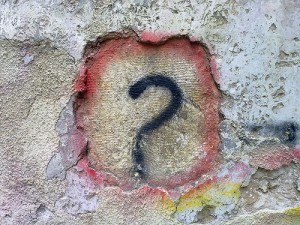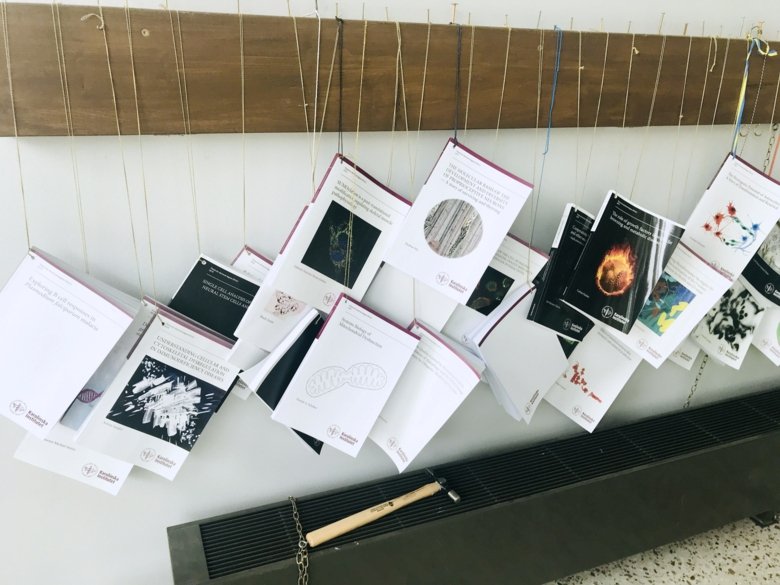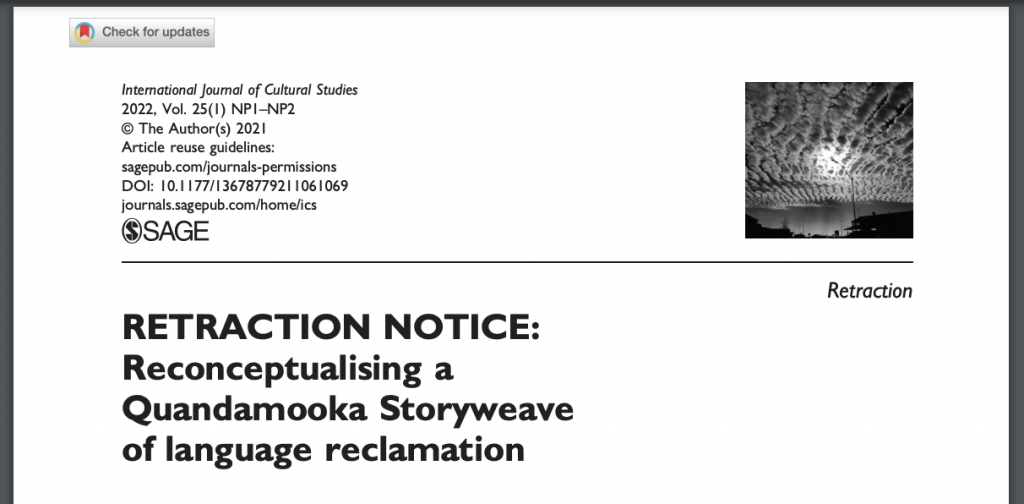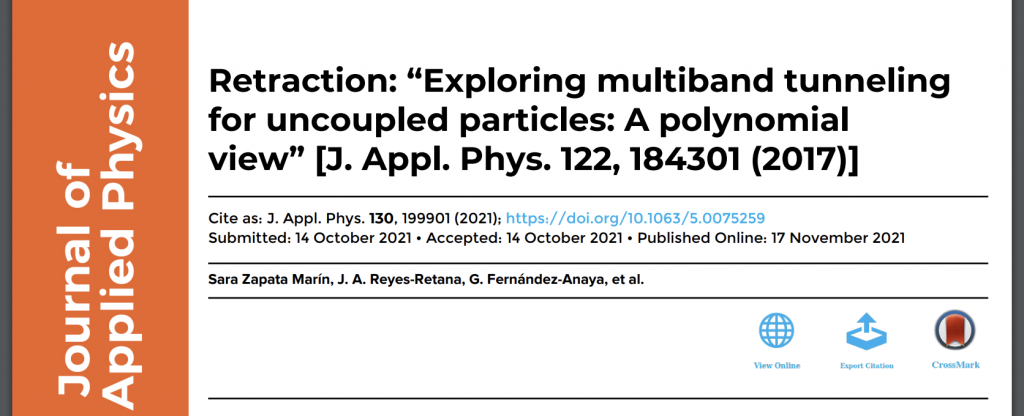Earlier this week, we wrote about a case of plagiarism in the British Journal of Sports Medicine (BJSM) involving a highly credentialed researcher and Australian Football League consultant who’d cribbed roughly half of an article from another scholar.
The researcher, Paul McCrory, has still not responded to our requests for comment. But in an email to Steve Haake, whose work McCrory lifted while editor of the BJSM, Paul McCrory said that the offense was:
an isolated and unfortunate incident …
That resulted from the uploading to the journals’ website of a “working draft” that “failed to appropriately cite your original and excellent work as the source of the manuscript.”
Unfortunate, yes. Isolated? That’s a bit less clear.
Continue reading Was leading sports medicine researcher’s plagiarism ‘an isolated and unfortunate incident?’








